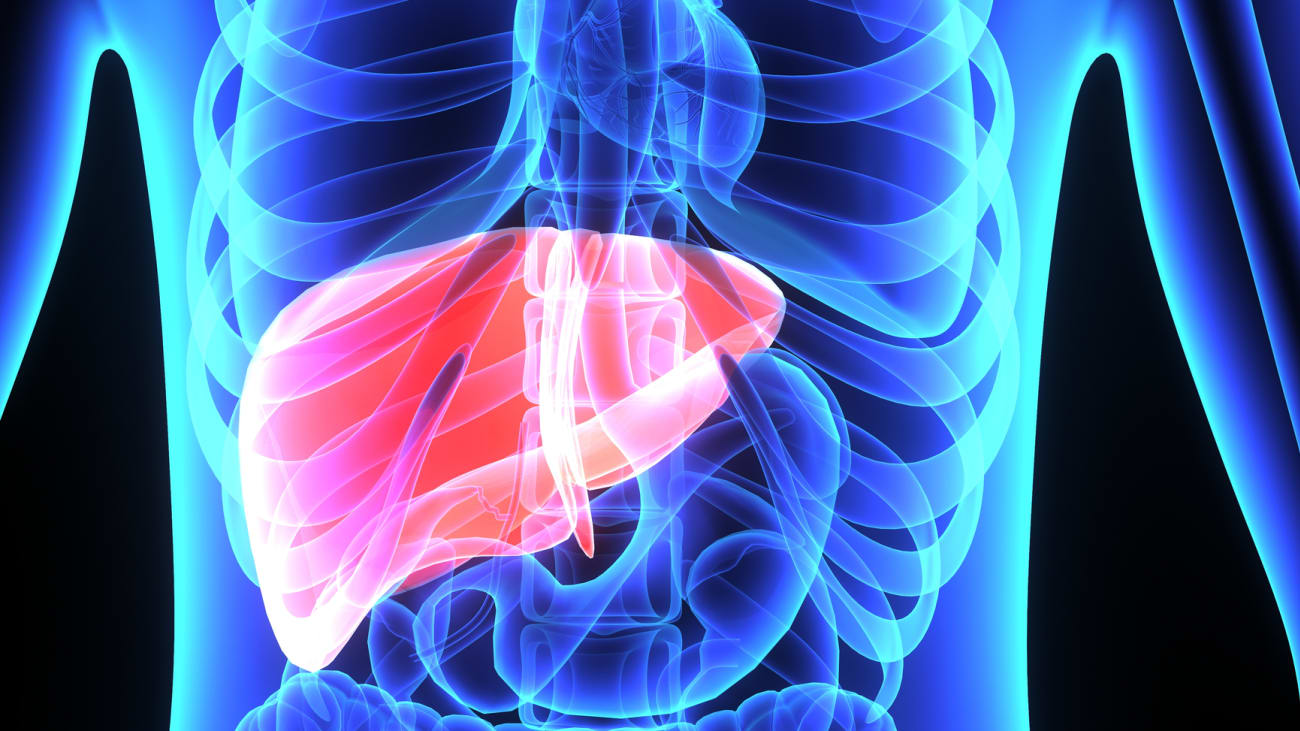
Hepatology is a branch of medicine focused on the study, diagnosis, and treatment of liver, gallbladder, biliary tree, and pancreas disorders. Ever wondered why the liver is so important? This vital organ performs over 500 functions, including detoxifying harmful substances, producing bile for digestion, and storing nutrients. Hepatologists are the specialists who tackle conditions like hepatitis, cirrhosis, and liver cancer. With liver diseases on the rise globally, understanding hepatology is more crucial than ever. This article will dive into 33 fascinating facts about hepatology, shedding light on the complexities and marvels of liver health. Ready to learn more? Let's get started!
What is Hepatology?
Hepatology is the branch of medicine focused on the study, prevention, diagnosis, and treatment of diseases related to the liver, gallbladder, biliary tree, and pancreas. This field is crucial due to the vital functions these organs perform.
- Hepatology comes from the Greek words "hepar" (liver) and "logos" (study).
- The liver is the largest internal organ in the human body.
- Hepatologists often deal with conditions like hepatitis, fatty liver disease, and cirrhosis.
- The liver can regenerate itself, making it unique among organs.
- Liver diseases can be caused by viruses, alcohol, and genetic factors.
Common Liver Diseases
Liver diseases can range from mild to life-threatening. Understanding these conditions helps in early detection and treatment.
- Hepatitis is an inflammation of the liver, often caused by viral infections.
- There are five main types of hepatitis: A, B, C, D, and E.
- Hepatitis B and C can lead to chronic liver disease and liver cancer.
- Cirrhosis is the scarring of the liver tissue, often due to long-term damage.
- Fatty liver disease occurs when fat builds up in the liver, often linked to obesity and diabetes.
- Liver cancer is one of the most common cancers worldwide, often resulting from chronic hepatitis or cirrhosis.
Diagnostic Tools in Hepatology
Diagnosing liver diseases requires a variety of tools and tests. These help hepatologists understand the extent and nature of the disease.
- Liver function tests measure enzymes and proteins in the blood to assess liver health.
- Ultrasound is commonly used to visualize the liver and detect abnormalities.
- CT scans provide detailed images of the liver, helping to identify tumors or other issues.
- MRI offers a non-invasive way to get detailed images of liver tissues.
- Liver biopsy involves taking a small tissue sample to examine under a microscope.
- FibroScan is a specialized ultrasound that measures liver stiffness, indicating fibrosis or cirrhosis.
Treatments in Hepatology
Treating liver diseases often involves medication, lifestyle changes, and sometimes surgery. The approach depends on the specific condition and its severity.
- Antiviral medications can treat hepatitis B and C, reducing the risk of liver damage.
- Lifestyle changes like diet and exercise are crucial for managing fatty liver disease.
- Liver transplant is sometimes necessary for severe liver failure or liver cancer.
- Immunosuppressive drugs are used after liver transplants to prevent rejection.
- Endoscopic procedures can treat complications like varices in cirrhosis patients.
- Chemotherapy and radiation are options for treating liver cancer.
Preventive Measures
Prevention is key in hepatology. Many liver diseases can be avoided with proper care and lifestyle choices.
- Vaccination is available for hepatitis A and B, significantly reducing infection rates.
- Avoiding excessive alcohol consumption can prevent alcoholic liver disease.
- Maintaining a healthy weight helps reduce the risk of fatty liver disease.
- Safe practices like using clean needles and practicing safe sex can prevent hepatitis transmission.
- Regular screenings for those at risk can catch liver diseases early, improving outcomes.
Research and Advances in Hepatology
Research in hepatology is constantly evolving, leading to new treatments and better understanding of liver diseases.
- Gene therapy is being explored as a potential treatment for genetic liver diseases.
- Stem cell research offers hope for regenerating damaged liver tissue.
- New antiviral drugs are being developed to more effectively treat hepatitis C.
- Artificial liver devices are being tested to support patients with liver failure.
- Precision medicine aims to tailor treatments based on individual genetic profiles, improving effectiveness and reducing side effects.
The Final Word on Hepatology Facts
Hepatology, the study of the liver, gallbladder, biliary tree, and pancreas, holds many fascinating facts. From the liver's ability to regenerate to its role in detoxifying the body, understanding these facts can help us appreciate this vital organ. Hepatitis, cirrhosis, and liver cancer are serious conditions that hepatologists work tirelessly to treat and prevent. Advances in medical research continue to improve outcomes for patients with liver diseases. Knowing these facts not only broadens our knowledge but also underscores the importance of liver health. Regular check-ups, a balanced diet, and avoiding excessive alcohol can go a long way in maintaining a healthy liver. Stay informed, take care of your liver, and appreciate the incredible work hepatologists do every day.
Was this page helpful?
Our commitment to delivering trustworthy and engaging content is at the heart of what we do. Each fact on our site is contributed by real users like you, bringing a wealth of diverse insights and information. To ensure the highest standards of accuracy and reliability, our dedicated editors meticulously review each submission. This process guarantees that the facts we share are not only fascinating but also credible. Trust in our commitment to quality and authenticity as you explore and learn with us.
